Question And Answer
Publications
Articles, publications, books, tools and multimedia features from the U.S. Institute of Peace provide the latest news, analysis, research findings, practitioner guides and reports, all related to the conflict zones and issues that are at the center of the Institute’s work to prevent and reduce violent conflict.
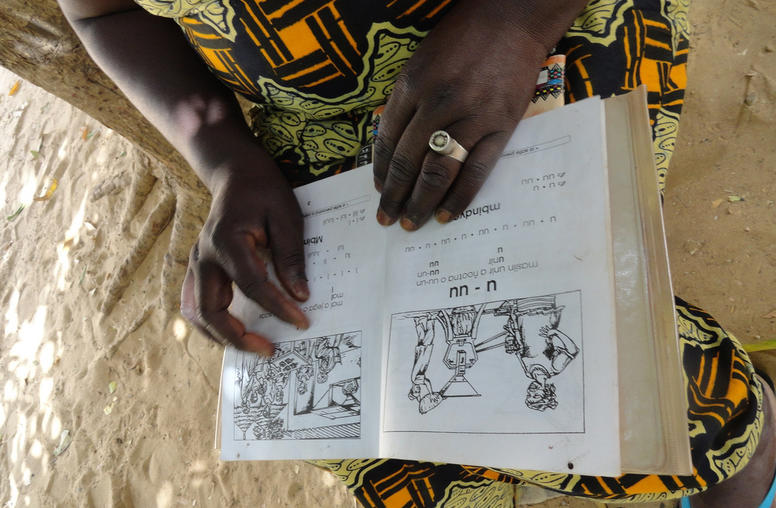
Talking to Religious Actors to Preserve Indigenous Languages
In the past, most cultural preservation efforts have focused on protecting the tangible manifestations of heritage such as buildings, worship sites and other physical items. But a 2019 U.N. resolution on the rights of Indigenous peoples emphasized the critical loss of Indigenous languages and its importance to their cultural heritage, thus mandating an international effort to “preserve, revitalize and promote Indigenous languages.”
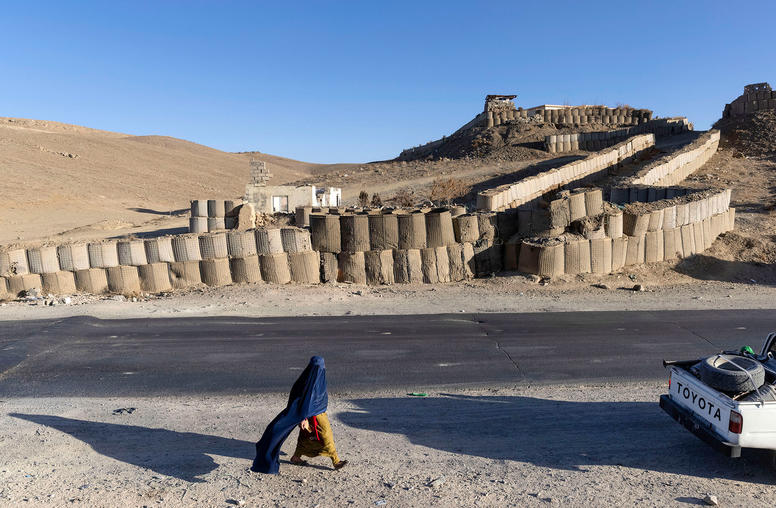
How the Taliban’s Hijab Decree Defies Islam
The Taliban continued this week to roll back Afghan women’s rights by decreeing women must be fully covered from head to toe — including their faces — to appear in public. This follows decrees limiting women’s ability to work, women’s and girls’ access to education and even limiting their freedom of movement. Afghan women are rapidly facing the worst-case scenario many feared when the Taliban took over last summer. While the Taliban justify these moves as in accordance with Islam, they are, in fact, contradicting Islamic tradition and Afghan culture as the group looks to resurrect the full control they had over women and girls when they ruled in the 1990s.
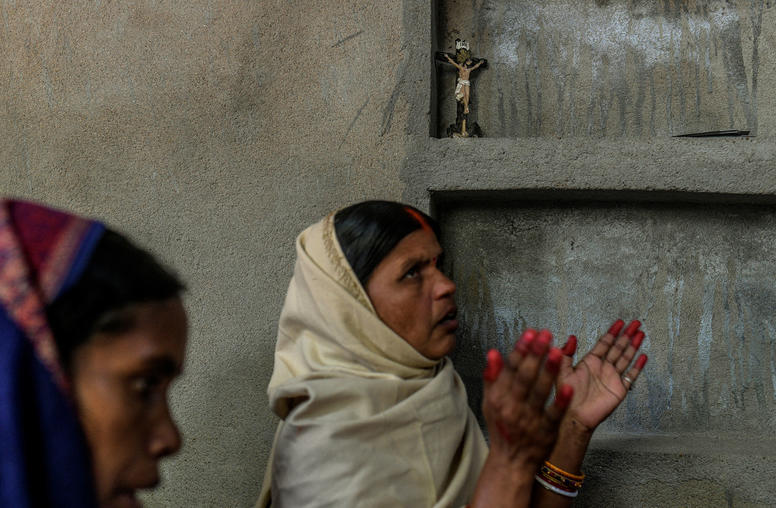
A Ripe Moment for Building Peace by Promoting International Religious Freedom
In late June and early July, two global convenings will highlight challenges to international religious freedom and the search for solutions: the IRF Summit for nongovernmental organizations and the International Ministerial Conference on Freedom of Religion or Belief. These timely gatherings will bring together government representatives, activists and faith leaders from different religious, regional and political backgrounds to discuss a common goal of ending persecution. Two keys for their success will be creating diverse coalitions to advance international religious freedom (IRF) in a nonpartisan manner and linking the issue to broader concerns about peace and stability.
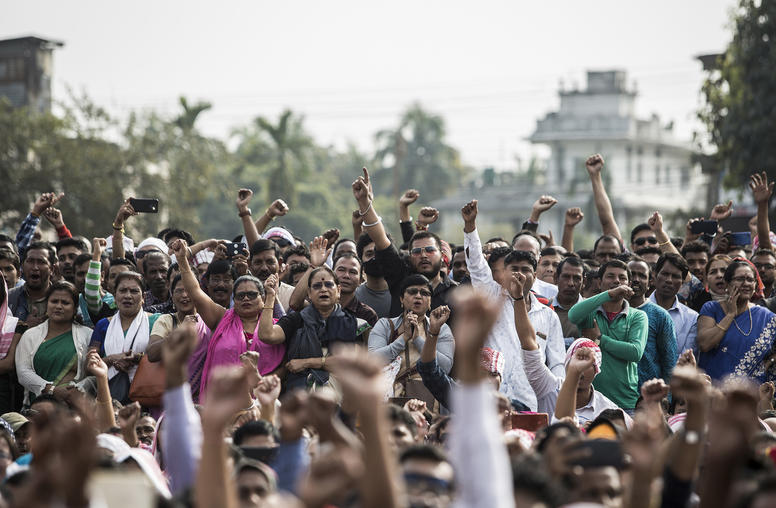
Combating Religious Discrimination in India and Beyond
Last month, the U.S. Commission on International Religious Freedom listed India as a “country of particular concern” for the first time since 2004. The decision reflects increased religious hostility and sectarian conflict in India, which have been stoked further by the Citizenship Amendment Act (CAA) passed last December. In the five months since, the CAA’s use of religious identity as a criteria for citizenship has sparked widespread opposition and protest both within India and abroad. But while controversial, it is far from an isolated policy. It connects to a steady increase in religious discrimination and violence within India, throughout South Asia, and across the globe—raising important questions for policymakers and activists alike.
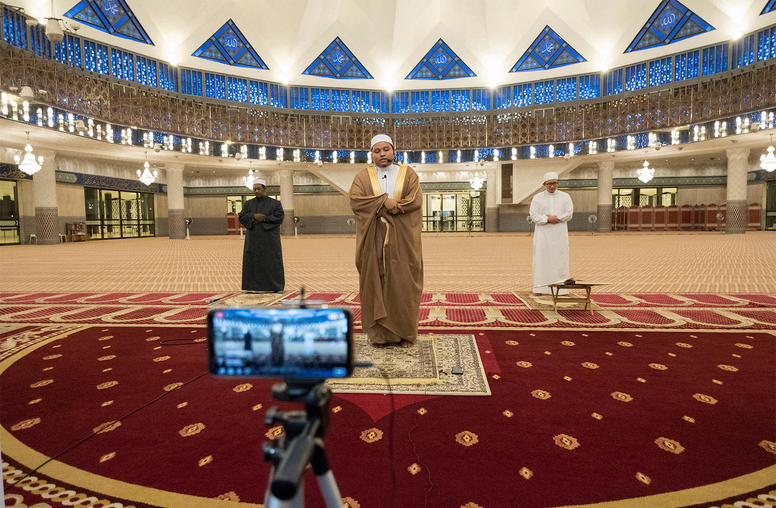
COVID-19 Heightens Congressional Concerns About Global Religious Freedom
In the midst of the COVID-19 pandemic, concerns about international religious freedom continue to exist, especially as state lockdowns have made it even harder to monitor its status.
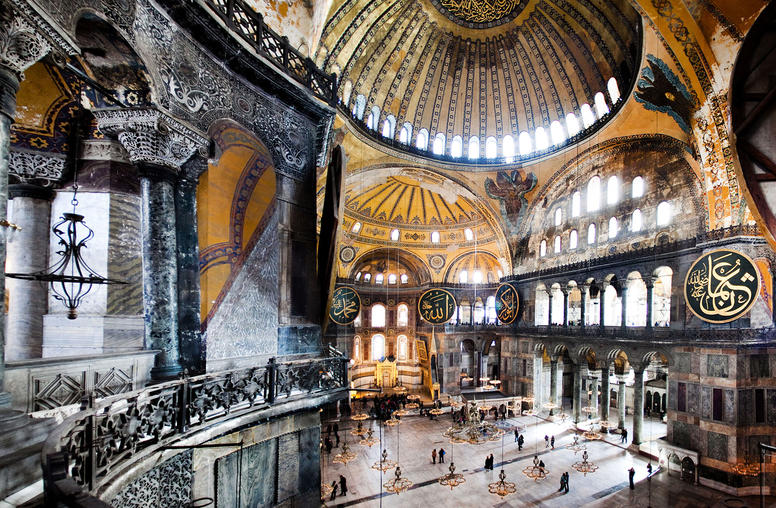
Rising Religious Revanchism in Turkey and India Has Dire Consequences
Forced conversions are usually about people. But two sacred sites were recently transformed in Turkey and India, with potentially dire consequences for those countries and the world.
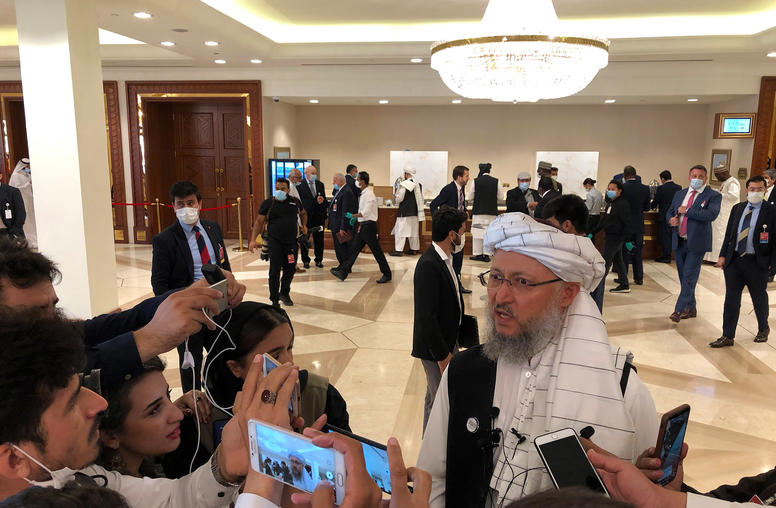
Whither Islam in Afghanistan’s Political System After the Taliban Talks?
The question of how and where Islam should fit into future legal and political frameworks has emerged as a major sticking point in the talks between the Taliban and the Afghan government in Qatar. How this question is resolved will be closely watched by Afghans, who want to ensure their hard-won rights are not sacrificed for the sake of a deal with the Taliban—Afghan women in particular have much at stake. The international community will similarly scrutinize the outcome, and their engagement with Afghanistan after the talks is expected to be conditioned on the contours of any political settlement.
USIP Making a Difference: The Plight of Christians and other Minorities in Iraq
Iraqi minorities are facing extinction -- the number of Christians for example has been halved, from 1.5 million in 2003 to about 850,000 today. USIP has been working with and supporting Iraq’s Christian and other minority communities since 2005, helping them to find Iraqi solutions to a seemingly insurmountable crisis.
Long-term peace in Côte d'Ivoire after Gbagbo?
Almost five months after Ivoirian presidential elections adjudged by African states, African organizations and the United Nations to have been won by Alassane Ouattara, the electoral stalemate has ended with the arrest of Laurent Gbagbo, the former president, who had refused to step down. Many believe that the forthcoming Ouattara administration would be a government of national unity.
Nigeria: Looking Toward 2011
David Smock, vice president of USIP's Center for Mediation and Conflict Resolution, discusses religious tensions and recent events in Nigeria, and examines the outlook for Africa's most populous nation.